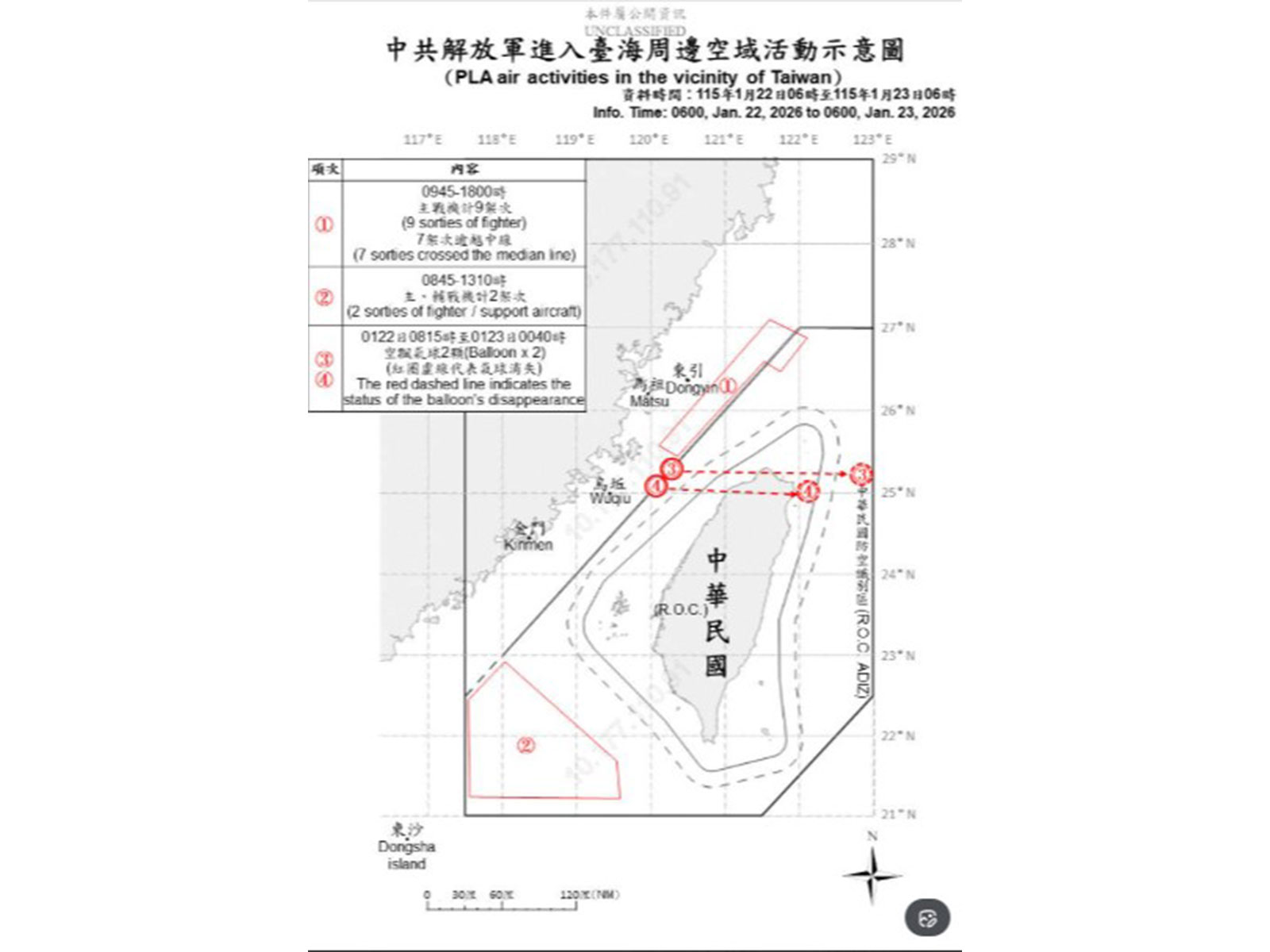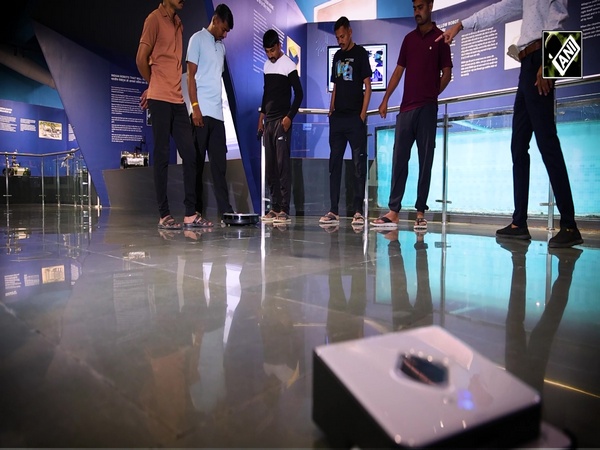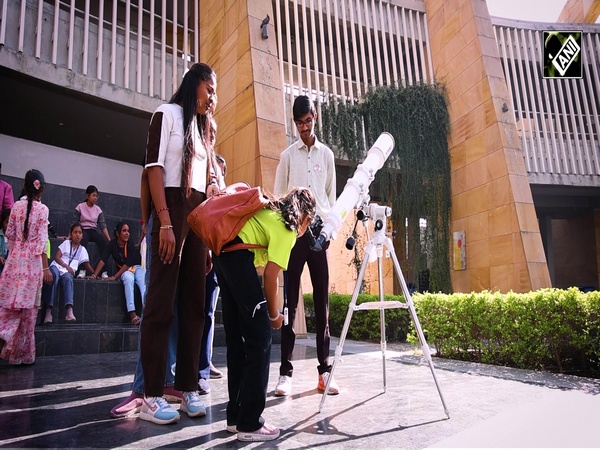Deployment of giant robotic arm at Chinese space station raises concern in US
May 22, 2021

Washington [US], May 22 : China's deployment of a powerful robotic arm attached to the core module of its Tiangong Space Station has sparked concerns across the US as the technology "could be used in a future system for grappling other satellites".
The 10-metre-long device, which is capable of lifting objects weighing up to 20 tonnes and can move around on the outside of the station, will be used to grab incoming spacecraft as they approach and help them to the dock, South China Morning Post reported.
Though the content is not new, China has launched several scavenger satellites fitted with robotic arms to gather and steer space debris so it burns up in the Earth's atmosphere.
James Dickinson, commander of the US Space Command, told a congressional hearing last month that the technology "could be used in a future system for grappling other satellites" and was, therefore, a concern to the US military.
"One notable object is the Shijian-17, a Chinese satellite with a robotic arm," he said, adding that its ability to potentially take down US probes was a "pacing challenge" in the space domain.
The China Academy of Space Technology, which developed and operates Shijian-17, said at the time of its launch in 2016 that its mission was to test "high-orbit space debris observation technologies".
However, the Centre for Strategic and International Studies, a Washington-based think tank, said that the satellite had over the years made a number of "unusual manoeuvres" and varied its position in relation to other satellites while in geostationary orbit above the Earth.
Th US space agency, NASA, began equipping its space shuttles with robotic arms as early as the 1990s, according to Macau-based military analyst Antony Wong Dong. He said it was understandable the Americans were concerned.
"The key question is when it is used by the Chinese and what is its actual purpose," he said.
Dickinson told Congress that in the event of a war, the combatants would spend the opening minutes trying to disable their enemy's communication tools, like America's GPS.
China had developed "a broad complement of jamming and cyberspace capabilities, directed energy weapons, on-orbit capabilities, and ground-based anti-satellite missiles" that could block or damage US satellite systems, he said.

















